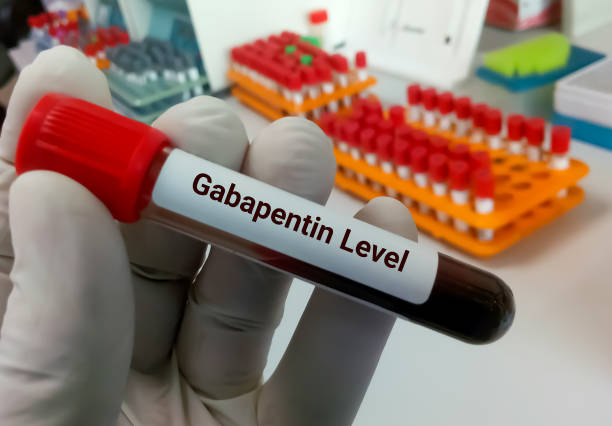Introduction
Gabapentin ruined my life. This medication, prescribed innocuously for pain management, plunged me into a nightmare I never saw coming. This article shares my personal journey, offering insights and guidance for those facing similar struggles.
Understanding Gabapentin ruined my life: What Went Wrong?
Gabapentin, often prescribed for nerve pain and epilepsy, has gained notoriety for its potential side effects. Many users report adverse effects that overshadow its intended benefits.
My Experience: How Gabapentin Changed Everything
When I first started taking Gabapentin, I hoped for relief from chronic pain. Instead, I encountered a series of debilitating side effects that worsened over time.

The Side Effects: A Harrowing Impact
The side effects of Gabapentin were profound and varied. From dizziness and fatigue to severe mood swings and memory loss, each day became a battle against my own body.
Seeking Help: Navigating Recovery
Realizing Gabapentin was causing more harm than good, I sought alternatives and support. Recovery wasn’t easy, but with the right guidance and medical advice, I started to regain control of my life.
Moving Forward: Lessons Learned
My journey taught me invaluable lessons about medication, informed consent, and advocating for my health. I now approach treatment decisions with caution and thorough research.
Supporting Others: Community and Resources
If you’re struggling with Gabapentin or similar medications, know you’re not alone. Seek support from medical professionals, online communities, and resources dedicated to medication awareness.
Buy Gabapentin from our store
For reliable sources to purchase Gabapentin and to discuss its usage, visit our store .Explore options for managing nerve pain and seizures safely and effectively.
Conclusion Gabapentin ruined my life:
Gabapentin may have disrupted my life, but it didn’t define my future. Through resilience and determination, I’ve reclaimed my health and hope for tomorrow.
(FAQs) related to gabapentin :
Can Gabapentin Cause Permanent Damage?
Gabapentin, a medication prescribed for nerve pain and certain types of seizures, has been associated with potential risks of causing permanent damage in some cases. While rare, prolonged use or high doses of gabapentin can lead to serious side effects that may result in lasting neurological or organ damage. It’s crucial for patients to discuss any concerns about long-term use with their healthcare provider to weigh the benefits against potential risks
What Is the Biggest Side Effect of Gabapentin?
Among the various side effects reported by users, one of the most significant is the potential impact on cognitive function. Many individuals experience issues such as memory problems, confusion, and difficulty concentrating while taking gabapentin. These cognitive side effects can significantly affect daily life and may persist even after discontinuing the medication. It’s essential for patients to be aware of these risks and discuss them with their healthcare provider.
What Organs Does Gabapentin Damage?
Gabapentin primarily affects the central nervous system and does not typically cause direct damage to organs like the liver or kidneys. However, prolonged use or high doses of gabapentin can potentially lead to indirect harm to these organs. For instance, some studies suggest that gabapentin may contribute to liver function abnormalities or kidney problems in susceptible individuals. Regular monitoring and consultation with a healthcare provider are crucial to detect any signs of organ damage early and adjust treatment accordingly.
Why Shouldn’t You Take Gabapentin?
While gabapentin is effective for many patients in managing nerve pain and seizures, there are several reasons why it may not be suitable for everyone:
- Side Effects: Gabapentin can cause a range of side effects, including dizziness, drowsiness, and mood changes, which may be intolerable for some individuals.
- Drug Interactions: Gabapentin can interact with other medications, potentially leading to adverse effects or reduced efficacy of either drug. It’s essential to inform healthcare providers of all medications being taken to avoid interactions.
- Dependency and Withdrawal: Abruptly stopping gabapentin can trigger withdrawal symptoms such as anxiety, insomnia, and nausea. Patients should follow a gradual tapering schedule under medical supervision if discontinuing treatment.
- Long-Term Risks: Prolonged use of gabapentin may pose risks of developing tolerance, dependence, or experiencing rare but serious side effects such as organ damage or cognitive impairment.
- Alternative Treatments: Depending on the condition being treated, there may be alternative medications or therapies that offer similar benefits with fewer risks or side effects.
For any inquiries or assistance regarding about gabapentin, reach out to our dedicated WhatsApp support line . Our team is ready to provide personalized support and answer your questions promptly.









